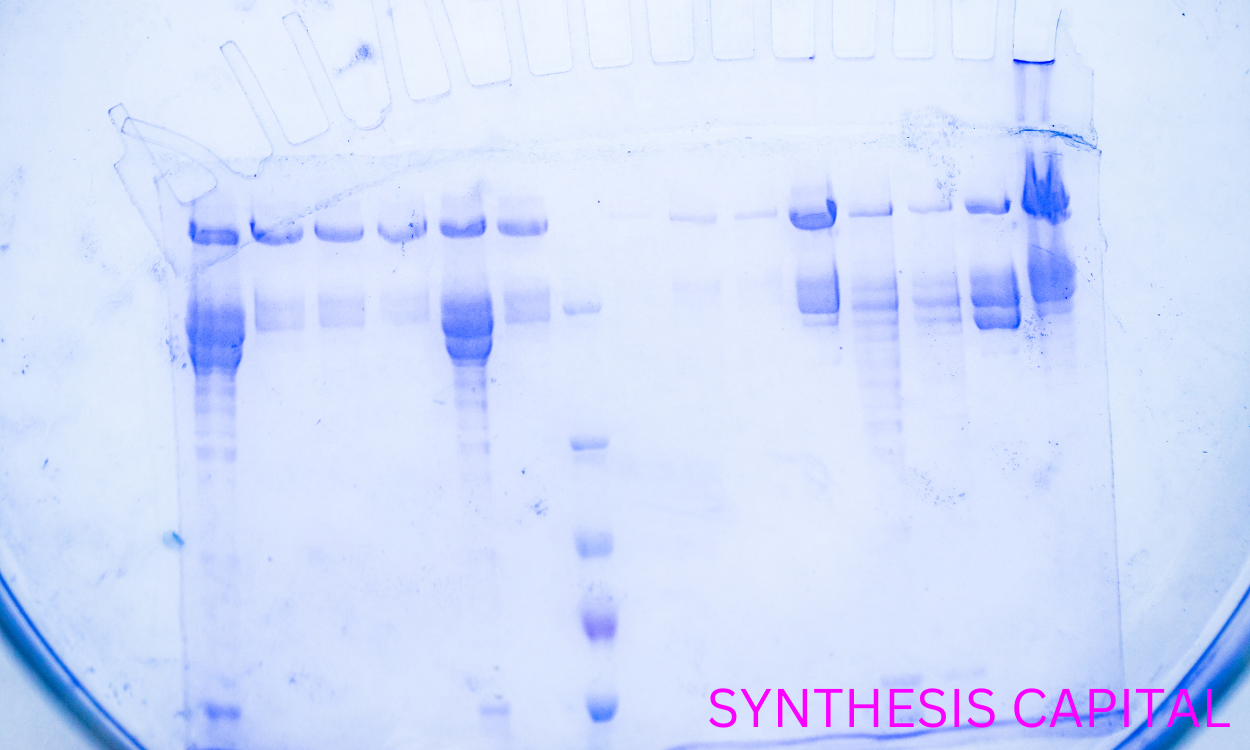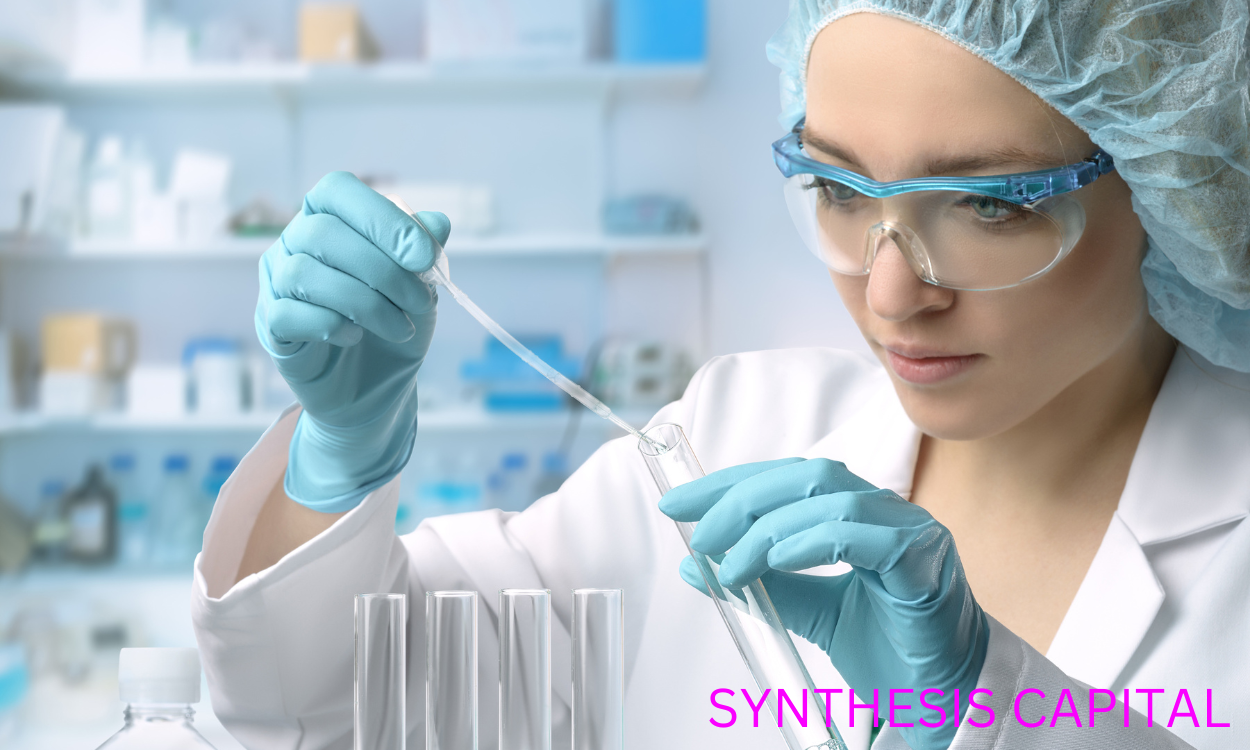Albumin is a protein found in abundance in egg whites, known for its versatility and numerous applications in various industries. Extracting albumin from egg whites is a common practice that involves separating the protein from the rest of the egg white components. This process allows for the isolation of pure albumin, which can then be utilized in food, pharmaceutical, and cosmetic products. By employing specific techniques such as filtration and precipitation, researchers and manufacturers are able to extract albumin efficiently and effectively from egg whites, resulting in a high-quality protein source with diverse uses.
Methods for Extracting Albumin from Egg White
One commonly used method for extracting albumin from egg white is through a process called precipitation, where the egg white is mixed with a solution that causes the albumin to separate and form solid clumps that can be easily removed. Another method involves using heat to denature the proteins in the egg white, causing them to coagulate and separate from the liquid portion. Additionally, filtration can be used to physically separate the albumin from other components in the egg white by passing it through a sieve or filter. These methods are often used in combination to ensure a high yield of pure albumin extracted from egg whites for various industrial and culinary applications.

How does the extraction process of albumin from egg white impact its purity and quality?
The extraction process of albumin from egg white plays a crucial role in determining the purity and quality of the final product. By carefully separating the albumin from other components in the egg white, such as fats and carbohydrates, through techniques like filtration and precipitation, the purity of the albumin is increased. Additionally, factors such as temperature, pH, and agitation during the extraction process can influence the overall quality of the albumin by ensuring that it maintains its structural integrity and functional properties. Overall, a well-executed extraction process is essential in producing high-quality albumin with minimal impurities, making it suitable for various applications in food, pharmaceutical, and cosmetic industries.
Are there any potential challenges or difficulties associated with extracting albumin from egg white?
One potential challenge associated with extracting albumin from egg white is the delicate nature of the protein, which can easily denature if not handled properly. Additionally, the process of separating albumin from the other components of the egg white can be time-consuming and require specialized equipment and techniques. Furthermore, the purity of the extracted albumin may be affected by factors such as pH levels, temperature, and the presence of contaminants in the egg white. Overall, extracting albumin from egg white may pose challenges in terms of maintaining the protein's integrity and purity throughout the extraction process.
What are the different applications or uses of extracted albumin from egg white in various industries?
Extracted albumin from egg white has a wide range of applications in various industries. In the food industry, it is commonly used as a stabilizer, emulsifier, or binder in products such as mayonnaise, marshmallows, and baked goods. In the pharmaceutical industry, albumin is utilized in the formulation of vaccines and drugs, as well as in cell culture media for drug development. Additionally, albumin is used in the cosmetics industry for its skin conditioning properties in products like shampoos and lotions. In the biotechnology sector, albumin is employed in diagnostic assays and as a protein standard for research purposes. Overall, extracted albumin from egg white serves as a versatile ingredient with numerous valuable applications across various industries.
How does the extraction of albumin from egg white compare to other sources of albumin in terms of efficiency and cost-effectiveness?
The extraction of albumin from egg white is generally considered to be a cost-effective and efficient process compared to other sources of albumin. Egg whites are readily available and relatively inexpensive, making them a practical choice for large-scale production. Additionally, the extraction process itself is relatively straightforward and requires minimal equipment and resources. In contrast, other sources of albumin such as blood or urine may be more difficult and costly to obtain, requiring specialized techniques and facilities. Overall, the extraction of albumin from egg white is a viable option for industries looking to produce albumin in a cost-effective and efficient manner.

Are there any specific regulations or guidelines that need to be followed when extracting albumin from egg white for commercial purposes?
When extracting albumin from egg white for commercial purposes, there are several regulations and guidelines that need to be followed to ensure safety and quality of the final product. This includes strict adherence to food safety regulations set by regulatory bodies such as the FDA and USDA, proper sanitation practices to prevent contamination, ensuring the extraction process is done in a clean and controlled environment, and following industry standards for handling and processing of food products. Additionally, companies may also need to comply with specific labeling requirements and provide accurate information about the extraction process and any additives used in the final product.
What are the potential benefits or advantages of using albumin extracted from egg white compared to synthetic alternatives?
Albumin extracted from egg white has several potential benefits compared to synthetic alternatives. Firstly, it is a natural and easily accessible source of protein, making it more sustainable and environmentally friendly than synthetic alternatives that are often produced using chemical processes. Additionally, egg white albumin is biocompatible and less likely to cause allergic reactions in individuals compared to synthetic proteins. Furthermore, egg white albumin has a well-balanced amino acid profile, which can support muscle growth and repair, making it an ideal protein supplement for athletes and bodybuilders. Overall, utilizing albumin extracted from egg whites can offer a more natural, safe, and effective protein source compared to synthetic alternatives.
Optimizing the Extraction Process of Albumin from extraction of albumin from egg white Egg White for Maximum Yield and Efficiency
The extraction process of albumin from egg white can be optimized for maximum yield and efficiency by first ensuring that the egg whites are fresh and free from any contaminants. Next, the pH of the solution should be carefully controlled to maintain the stability of the albumin proteins. Gentle stirring and precise temperature control during the extraction process can also help to prevent denaturation of the albumin molecules. Additionally, using a combination of techniques such as centrifugation and filtration can help to separate the albumin from other components in the egg white more effectively. Finally, proper storage conditions should be maintained to preserve the quality of the extracted albumin for longer periods of time.
The Simple Extraction Process of Albumin from Egg White
1. Use a gentle extraction method to avoid denaturing the albumin protein.

2. Be sure to separate the egg white from the yolk before beginning the extraction process.
3. Consider utilizing techniques such as salting out extraction of albumin from egg white or chromatography to isolate the albumin protein.
4. Remember to handle the egg white carefully to prevent contamination and ensure a pure extraction.